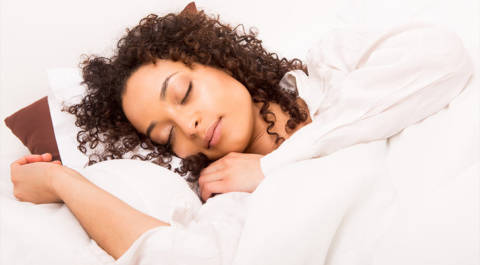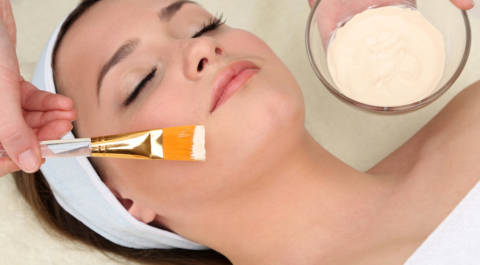
Physical stimuli, mental changes, and behavioral alterations all affect when we sleep and how our bodies work while we are awake.
Like Organic Soul on Facebook
Based on these environmental and biological factors, the body develops a rough 24-hour operating cycle, using things like light and darkness as markers for turning on and off genes that influence how we feel and how we respond to our internal clock. Unfortunately, changes in lifestyle and situation can alter sleep-wake patterns for the worse, creating rhythm disorders with potentially severe effects.
First, why is understanding circadian rhythms important? Well, for anyone with a sleep disorder, this may shed light on why and how they suffer the ailment they do, as well as offer some solutions that may alleviate some of the distress of insomnia and depression.
A number of things can cause circadian rhythm disorders: jet lag, pregnancy, changes in work schedule, and medications. These lead to disorders like Rapid Time Change Syndrome, Delayed Sleep Phase Syndrome, and Non 24-Hour Sleep Wake Disorder, among others. Briefly, we’ll look at these three disorders, discuss causes and effects, and try to develop solutions.
Rapid Time Change Syndrome
Think jet lag. Whenever we travel across time zones, the environment outside begins to play tricks on our sleep-wake cycle. The amount of time we have been awake, for example, may be the same as if we were on the west coast, but the outside environment will reflect a much different time on the east coast. So while you may wake up at 8 a.m., you’re body will feel as if it is 5 a.m. This flip causes excessive drowsiness for those making the march across time zones. It is also correlated with a further lack of daytime alertness. Understanding this gives us better sense of the term “weary traveler.”
Delayed Sleep Phase Syndrome (DSPS)
DSPS is all about timing. For one reason or another – perhaps the brains failing of recognizing light changes, and therefore not producing enough melatonin – people delay sleep until very late, yet the schedule of the day for everyone else (of course) remains the same. These people get to bed at very late times relative to the ‘normal’ 24-hour sleep-wake cycle, making it difficult for them to wake up in time for work, school, or any other appointment they may have.
Non 24-Hour Sleep Wake Disorder
Here, a person has a normal sleep pattern, but “lives a 25-hour day.” A little math reveals a clear problem: over time, the sleep pattern will be severely off the chart, causing insomnia that occurs at different times each day. On Monday, a person may fall asleep later and wake up later, but on Wednesday, that same person might experience insomnia at a different time, falling asleep earlier, but then waking up too early for the day and being unable to fall back asleep.
Catching Your Rhythm
Let’s remember that many things influence our circadian rhythm: physical attributes, mental changes, and environmental changes. Luckily, we can exercise some control over these factors. First, developing a strong, healthy diet gives our bodies the fuel needed to trigger and produce specific enzymes and molecules. On the flip side, a poor diet will deprive our bodies of these nee ded nutrients. That said, first thing you should do is eat healthy – it’s a good foundation for great sleep.
ded nutrients. That said, first thing you should do is eat healthy – it’s a good foundation for great sleep.
Secondly, mental changes refer to a number of things, with one of them being conscious choice of sleep. The firing of specific molecules dictates mood and energy level; for example, it’s easy to get excited when the ball drops of New Year’s Eve, even if you have hardly slept in two days. However, we can still make the decision to place ourselves in those situations. While holidays may be exceptions for some people, making sure you remove yourself from those environments during the week can help regulate your sleep-wake cycle.
The final way of getting back on track is through therapy. Sleep therapy consists of relaxation training, cognitive therapy, stimulus control, and sleep restriction therapy. Under the guidance of trained professionals, those who suffer from circadian rhythm disorders can mold their sleep to a more preferred time. One technique is chronotherapy, when bright lights and behavioral restrictions push sleep off until the time desired.
Always remember to consult a professional before making any major decisions, as sleep has much influence on our days.














